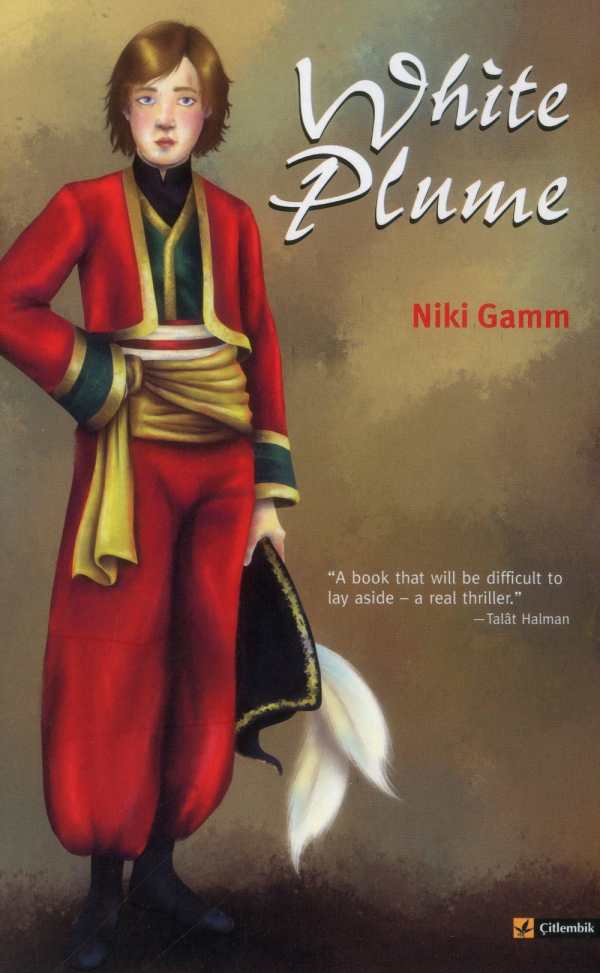White Plume
This funny adventure in the Ottoman Empire illuminates a slice of history not often covered in young-adult fiction.
When King James the III of England and VIII of Scotland gifts young Charles Henby with a white-feathered tricorn hat, neither could imagine the perilous adventures and thrilling journeys the boy would undertake while wearing it. In White Plume, Niki Gamm offers a fresh perspective on the 18th-century Ottoman Empire and concurrent political unrest in England.
Charles is thrilled when King James commissions his father to deliver a letter directly to Sultan Ahmed III, ruler of the Ottoman Empire. As ambassadors, the Henbys begin their dangerous trek in 1716, when Charles is twelve and the Ottomans are on the brink of war with Austria, battling for control of the Balkans. Unforeseen circumstances find Charles alone in the court of the Sultan, determined to carry out his duty to his father and his king despite the lurking threat of a persistent assassin.
Opening with historical notes and maps, the conflict and involved players are made immediately clear, which paves the way for introducing Charles and his father representing the throne of England and Scotland in Constantinople. Gamm’s knowledge of Turkish history and customs is evident in her narration, and Charles’s encounters with Germans, Iranians, Greeks, French, English, and Turks provide a vivid, multicultural experience laid out in simple, straightforward order.
The language is colorful, sprinkled liberally with exotic vocabulary that ranges from the Sultan’s harem overflowing with colorfully veiled women to the hamam used for bathing, as it describes humorous encounters for Charles and his new companions. Some terms like dragoman and voivoda are explained in depth, but others, such as caravansary, muezzin, and Janissary would serve better with more description. Minor grammatical errors are scattered throughout, but the variety of dialects, languages, and accents renders them less obvious.
Gamm’s Ottoman Empire mixes strict social customs and political protocol with good-natured fun, a combination that often leaves Charles lamenting that “he still had much to learn.” Fortunately, with the upper echelon of powerful and dangerous men being of a uniquely benevolent and avuncular manner, Charles is given many opportunities to acclimatize.
Reviewed by
Pallas Gates McCorquodale
Disclosure: This article is not an endorsement, but a review. The publisher of this book provided free copies of the book to have their book reviewed by a professional reviewer. No fee was paid by the publisher for this review. Foreword Reviews only recommends books that we love. Foreword Magazine, Inc. is disclosing this in accordance with the Federal Trade Commission’s 16 CFR, Part 255.

